According to ornithology specialists, warnings on Scottish beaches not to feed gulls because their droppings contribute to water pollution are “massively out of proportion.”
The posters, which are a part of Keep Scotland Beautiful’s My Beach Your Beach campaign, have additionally come under fire for “demonizing” gulls and adding to the widespread misunderstanding of bird behavior among humans.
“It seems enormously out of proportion to give people another another cause to be frightened about gulls,” said Dr. Viola Ross-Smith of the British Trust for Ornithology in a statement to the Guardian. “We know that water companies are dumping untreated sewage into our watercourses and seas.”
“Our oceans are covered in fish and seabird waste of every variety. Compared to wet wipes or dog poop encased in plastic, gull feces is natural and quite harmless.
She mentioned that the population of herring gulls had decreased by more than 50% over the previous few decades, placing them on the red list of threatened species.
The cautions come as beach vacationers start their yearly battle with overly accustomed seabirds.
Ross-Smith advised readers to examine news of rising gull attacks in context. “Gulls are always around, but only at this time of year do they have a bad rap. Birds are attempting to protect fledgling chicks as breeding season comes to an end, but this also marks the beginning of the summer vacation season, and some birds are skilled at stealing food from tourist sites. But many birds won’t touch human food, and only certain birds do it.
Guano, or the droppings of gulls, is a vital source of nutrients for marine life like phytoplankton, which feeds a variety of marine animals, from snails to fish that humans eat, according to the RSPB Scotland.
“The idea that seabird droppings are a source of marine pollution and poor quality of seawater surrounding our coasts is just plain false,” a charity representative stated. Seabirds, who play a crucial role in the development and operation of the marine ecosystem, live by and on the water and have for many thousands of years. To demonize them based on something they do not do or cause is reckless considering the numerous anthropogenic issues they are currently experiencing, including as climate change and highly dangerous avian influenza.
In addition to encouraging dog owners to clean up after their pets and reminding people to take their litter home with them, the My Beach Your Beach campaign, which has been active since 2018 and focuses on a number of Scottish beaches that have experienced water quality issues, also offers litter-taking reminders and tips.
“Gull and dog feces have been found to contribute to bathing water contamination and can impact bathing water categories,” a Keep Scotland Beautiful representative said.
“If we receive an elevated monitoring result at a bathing water, microbial DNA source tracing analysis (MST) enables the Scottish Environmental Protection Agency to pinpoint the source of pollution. Currently, they are able to identify whether pollution comes from humans, ruminants (including cows and sheep), gulls, or dogs.
This article by Lily Brooks was first published by The Guardian on 27 July 2022. Lead Image: The RSPB said the poster campaign ‘demonises’ gulls and bird guano is an essential part of the coastal ecosystem. Photograph: Mark Wiener/Alamy.
What you can do
Support ‘Fighting for Wildlife’ by donating as little as $1 – It only takes a minute. Thank you.
Fighting for Wildlife supports approved wildlife conservation organizations, which spend at least 80 percent of the money they raise on actual fieldwork, rather than administration and fundraising. When making a donation you can designate for which type of initiative it should be used – wildlife, oceans, forests or climate.
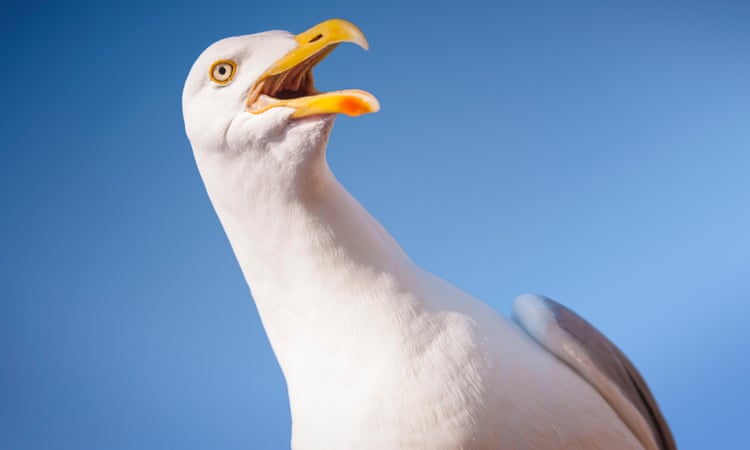
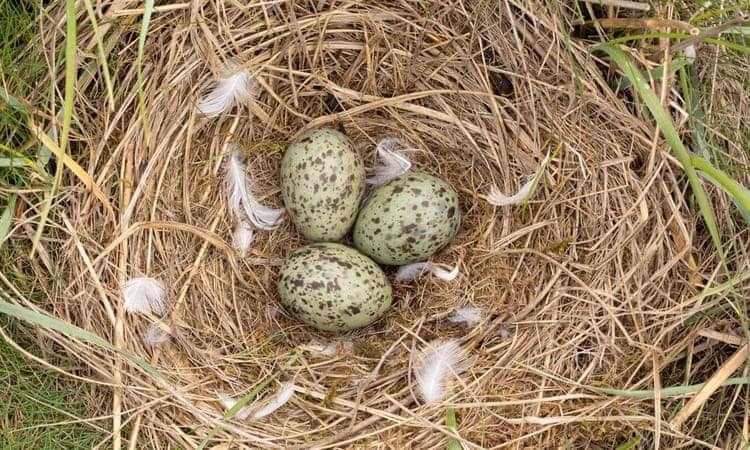
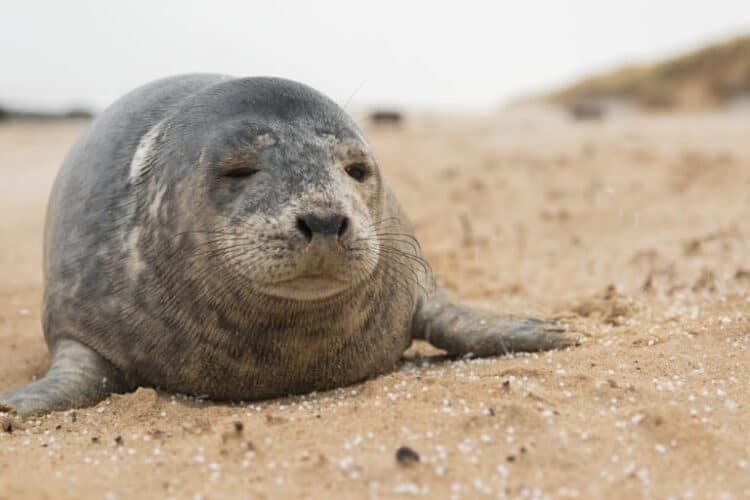
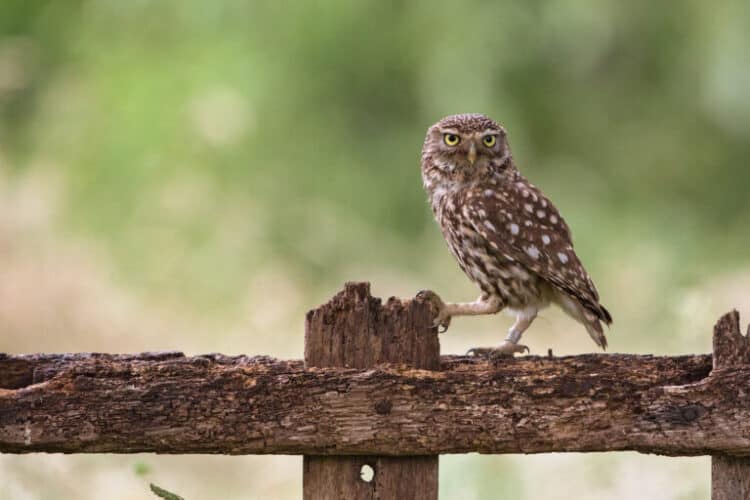
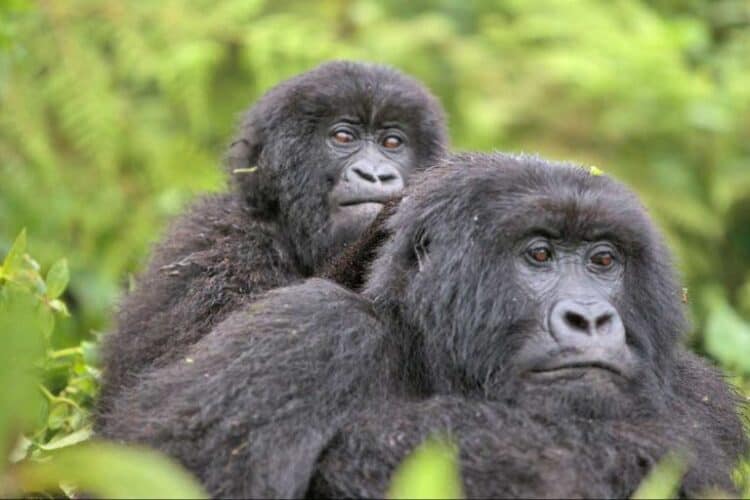
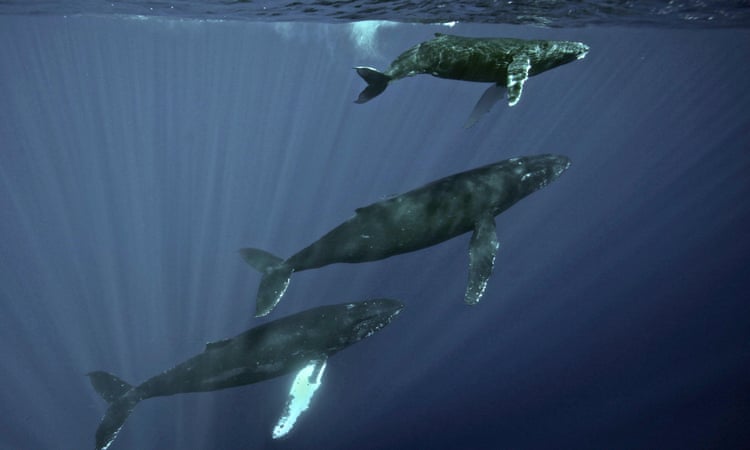

Leave a Reply